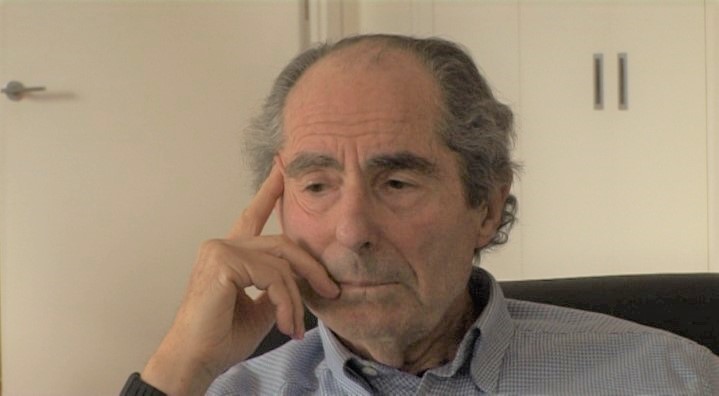NEXT STORY

Researching Miss America
RELATED STORIES

NEXT STORY

Researching Miss America
RELATED STORIES


|
Views | Duration | |
|---|---|---|---|
| 91. A book about the Vietnam war | 425 | 01:49 | |
| 92. American Pastoral: a family destroyed | 446 | 02:44 | |
| 93. Unlocking the pages | 548 | 01:43 | |
| 94. Writing American Pastoral | 523 | 00:33 | |
| 95. American Pastoral: the kiss – or how I got lucky | 663 | 03:28 | |
| 96. Page by page, how does it work? | 800 | 03:28 | |
| 97. Using words to make it real | 566 | 02:35 | |
| 98. The ordeal of writing | 834 | 01:46 | |
| 99. The writer's working day | 1059 | 01:57 | |
| 100. Writing and re-writing a novel | 1135 | 02:23 |


Someone said writing is rewriting. I rewrite while I'm writing, and I rewrite when I finish the draft. I'm always rewriting. I rewrite the paragraph. I rewrite the sentence. I rewrite the page. Everything goes through the mill... quite a few times. Then you have a draft and you re-read it, and you can have a terrible time after you've... you've re-read your first draft because it's... the book is terrible. First drafts are terrible. What you have to do now is use your good critical sense to figure out what's wrong, so you're... you're not a... a writer for the moment. You're your own sternest critic. What the hell is wrong here? And then you become a writer and you think, what can I do to rectify that problem?
So these are the... these are the processes that you use to write... to write the book. When you're done finally, you're not certain you're done. You know that you just... you've exhausted all the possibilities you can think of for the book. You can't think of anything more to stick into this book. That's it.
I give my books – when I finish them – to various friends to read, three or four or five people. And they read them and then I'd go and sit and talk to them for an hour or two. And, when I hear all of them, I go back to my typewriter and I think: what have they said individually and collectively? What have they told me about this book that I didn't know and I didn't see? And very often you can crack it open and go back into it because of these other voices, you know. You may not rewrite the thing in its entirety, but suddenly scenes occur to you, sharpening people occurs to you, and so on.
The fame of the American writer Philip Roth (1933-2018) rested on the frank explorations of Jewish-American life he portrayed in his novels. There is a strong autobiographical element in much of what he wrote, alongside social commentary and political satire. Despite often polarising critics with his frequently explicit accounts of his male protagonists' sexual doings, Roth received a great many prestigious literary awards which include a Pulitzer Prize for fiction in 1997, and the 4th Man Booker International Prize in 2011.
Title: Writing and re-writing a novel
Listeners: Christopher Sykes
Christopher Sykes is an independent documentary producer who has made a number of films about science and scientists for BBC TV, Channel Four, and PBS.
Tags: writing, rewriting, first draft, book, criticism
Duration: 2 minutes, 23 seconds
Date story recorded: March 2011
Date story went live: 18 March 2013